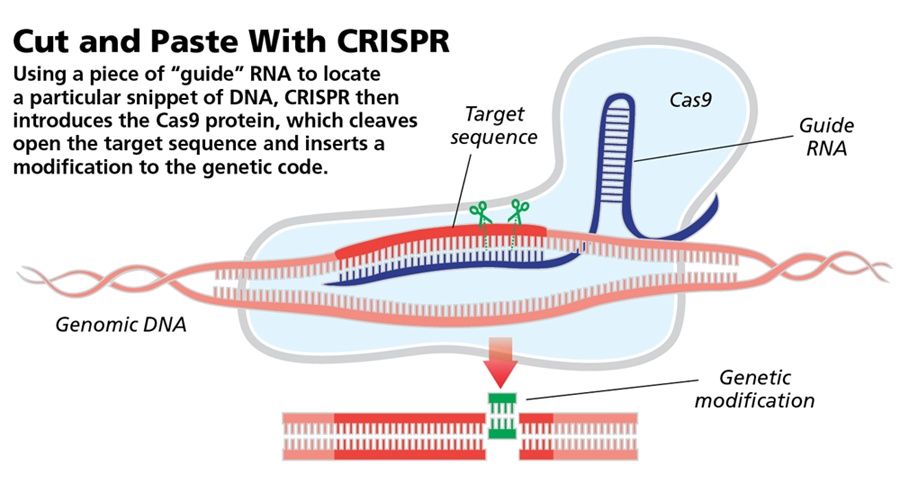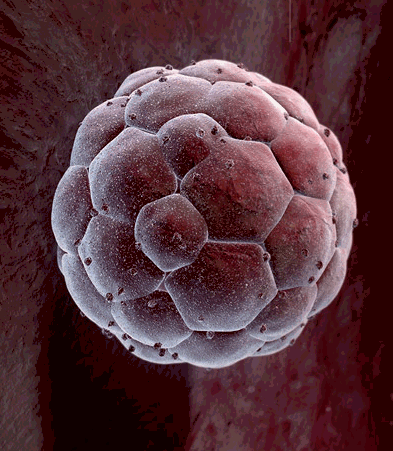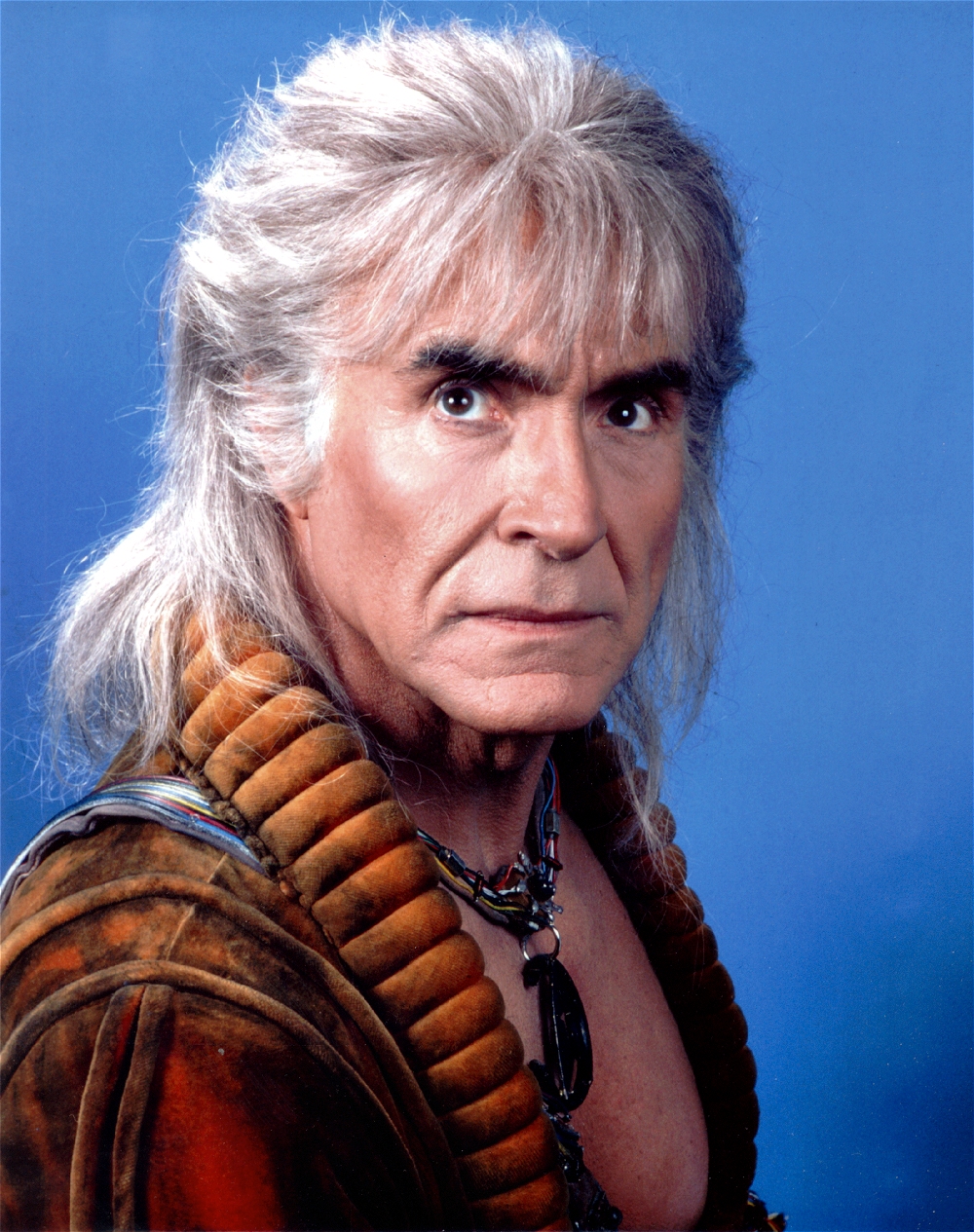- Jun 9, 2012
- 6,488
- 3,399
- Country
- United States
- Faith
- Christian
- Marital Status
- Married
We still need more details on precisely what the UK scientists actually intend to do. With all respect, its not fair for us to assume your characterization of their intent is accurate. I bet there is something you are not telling us.
Or again, you could look it up for yourselves. From Reason dot com:
Gene-Editing Human Embryos Is Ethical
Nevertheless, the Chinese experiment is exactly the kind of research that needs to be done as part of the scientific and clinical process of figuring out how and when to use CRISPR to treat disease or repair defective genes. The research has provided insights into what can go wrong and highlights the fact that this technology is not yet ready for the clinic.
In contrast with Darnovsky’s pseudoethical bloviation, the Oxford bioethicists Chris Gyngell and Julian Savulescu cogently argue that there is a "moral imperative to research editing embryos" They point out that the Chinese research is "important precisely because it increases our understanding about some of the risks involved in targeting humans with current gene editing techniques." The two further assert that the earlier calls for a moratorium on such research are based on concerns that "are vague, emotive, and devoid of any real rational force. Many technologies have unpredictable effects and could potentially be used non-therapeutically. This doesn't justify censorship [by journals] of potentially life-saving research." That is entirely correct.
If using refined and effective CRISPR gene-editing techniques to cure disease or correct defective genes is moral, then it is immoral to slow progress toward achieving that goal.
Source: https://reason.com/archives/2015/05/01/gene-editing-human-embryos-is-ethical
The embedded link leads here:
The moral imperative to research editing embryos: The need to modify Nature and Science
Of course there are significant risks associated with this type of research. Most significantly CRISPR could make off-target modifications in embryonic DNA and hence cause widespread damage to the genome. This could cause significant defects and disabilities in any individuals born as the result of the research. Because of these risks, it would be highly unethical to bring embryos to term who had been experimented on with current gene editing methods. The risk posed would simply not be justified by any potential benefits.
However this study by Huang and co-authors was not conducted in any embryos that were ever going to be born, or indeed even had the potential to be born. They trialled the CRISPR system in tri-pronuclear embryos – embryos that have a whole extra set of chromosomes. These embryos are not viable, and are normally spontaneously aborted early in pregnancy. These embryos were not created for this purpose, but were rather excess embryos created through IVF, and would otherwise have been destroyed. Trialling the CRISPR system in these embryos had no chance of resulting in a live birth. It is unclear how the study could harm or wrong anyone directly. Furthermore, this research is important precisely because it increases our understanding about some of the risks involved in targeting humans with current gene editing techniques. One of the stated aims of the research was to determine the frequency of off-target effects when CRISPR is used in human embryos. This type of research is important for increasing our understanding of the types of challenges involved in developing clinically useful methods of gene editing.
Source: http://blog.practicalethics.ox.ac.u...mbryos-the-need-to-modify-nature-and-science/
More at Scientific American:
http://www.scientificamerican.com/article/human-embryo-editing-sparks-epic-ethical-debate/
The requesting a Link might have something to do with the Sticky at the top of this section
Ah, it is the moral high-ground approach. Still, in the same time it took to post about the sticky, one could have looked up the article.
Upvote
0




